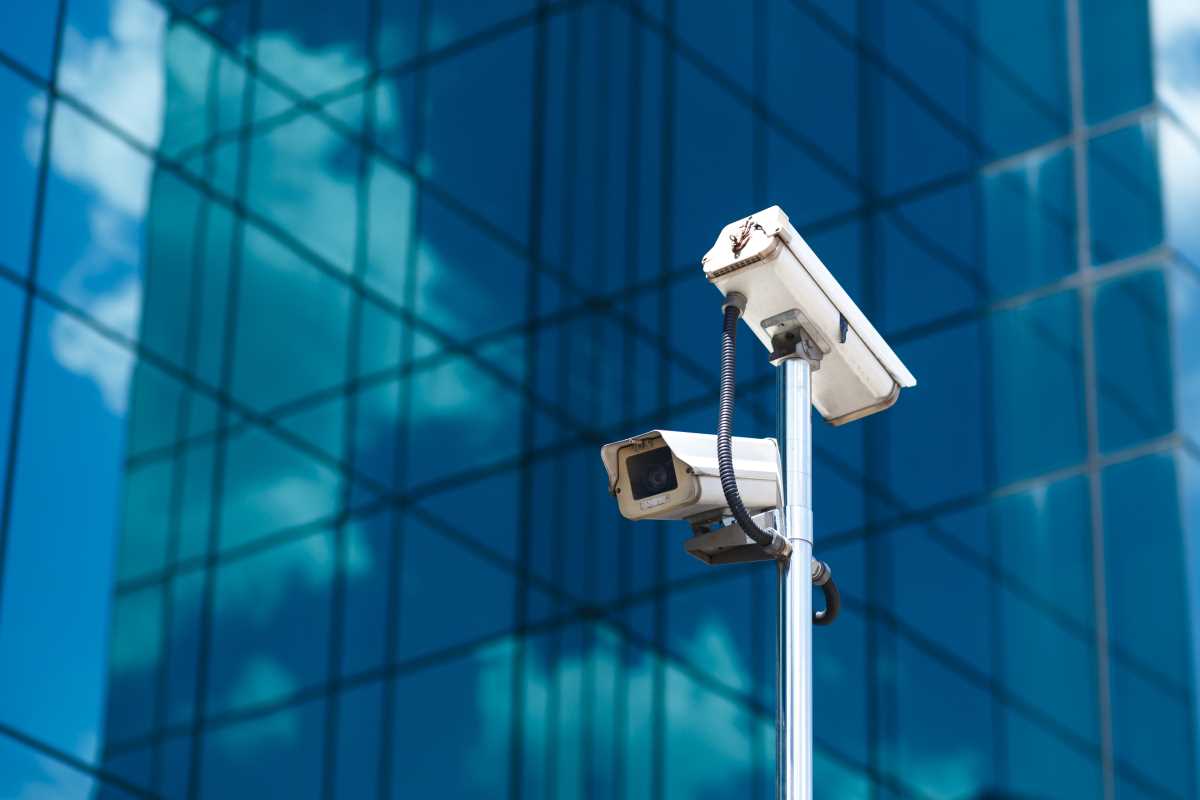Have you ever felt like someone was watching you? If you’ve spent any time online or using a smartphone, that feeling might not be far off. From social media platforms tracking your browsing habits to smart home devices listening for commands, it’s no secret that we live in an era of constant surveillance. But what does this mean for your privacy?
Digital privacy in today’s world is a big topic of concern. While technology has made our lives more convenient, it’s also opened doors for companies, governments, and even hackers to collect and use our personal data in ways we might not fully understand. Whether it’s targeted ads following you across the web or apps requesting access to every corner of your phone, the line between convenience and intrusion has blurred.
Understanding how this system works and what you can do to protect yourself is crucial. This article will explore how digital privacy is being challenged in a world filled with constant surveillance, who has access to your data, and practical ways to safeguard your personal information.
What Is Digital Privacy?
Before jumping into the details, it’s important to understand what digital privacy means. At its core, digital privacy refers to your right to control how your personal information is collected, stored, and shared online. This includes your browsing habits, social media activity, location data, and even what you say or type into apps and services.
While it’s impossible to live completely off the grid in today’s hyper-connected world, maintaining digital privacy is about ensuring that you have a say in how your information is used.
Data Collection in Everyday Life
Most of the time, data collection happens behind the scenes of the apps and devices we use daily. For example, fitness trackers monitor your steps and heart rate, search engines save your queries to improve results, and streaming platforms record what you watch to suggest new content.
Although this data collection often seems harmless, it feeds into a larger system where your personal habits are constantly analyzed. Companies use this information to not only improve their services but also to target you with ads or sell your data to other businesses.
The Systems Tracking You
When we talk about constant surveillance, we don’t mean people physically following you around. Instead, this type of surveillance involves technology that catalogs what you do, often without you even realizing it. Here are some of the main players responsible for tracking your data.
Social Media Platforms
Social media platforms like Facebook, Instagram, and TikTok don’t just connect you with friends and family. They also collect a staggering amount of data about you, from your posts and messages to the pages and ads you interact with. This is then used to build a profile of your interests, making it easier for advertisers to target you with personalized promotions.
For instance, have you ever Googled a product and then seen ads for it all over your social media? That’s no coincidence. These platforms track your browsing habits outside of their apps and share that data to serve you ads they think you’ll click on.
Smart Devices
Smart devices, like voice assistants (Amazon Alexa, Google Home) and smart security cameras, also contribute to constant surveillance. These tools often come with microphones, cameras, and other sensors that are always turned on, ready to pick up commands or movements.
While this technology is convenient, there’s always a chance that the information it collects could be intercepted or stored longer than necessary. Stories of voice assistants accidentally recording private conversations have raised concerns about how much these devices really “listen.”
Governments and Surveillance
Surveillance isn’t limited to companies. Governments around the world have access to a wealth of digital data. Many countries monitor communication to maintain security, track criminal activity, or prevent terrorism. However, some worry that these measures can easily cross the line into violating personal privacy.
Data Brokers
Finally, there’s an entire industry of companies called data brokers whose sole job is to buy, sell, and analyze your information. These companies compile data from various sources, such as shopping habits, public records, and online activity, and sell it to advertisers, employers, or even law enforcement agencies.
Why Digital Privacy Matters
You might wonder, “Does it really matter if companies or governments collect my data? I don’t have anything to hide.” While this is a common mindset, digital privacy is about much more than secrecy. It’s about having control over your personal information and preventing it from being misused.
Protecting Your Safety
If sensitive data falls into the wrong hands, it can lead to serious risks like identity theft or fraud. Personal details such as your Social Security number, home address, or even your mother’s maiden name can be used to open credit accounts or steal money from your bank.
Preventing Manipulation
When companies know more about you than you expect, they can use that information to influence your decisions. For example, political ads targeted specifically toward your interests or fears might sway you to vote a certain way.
Preserving Freedom
Surveillance can also have a chilling effect on freedom of speech. If people believe they’re being watched or monitored, they may feel less comfortable expressing themselves online or participating in certain activities.
How to Protect Your Digital Privacy
While it’s impossible to completely avoid surveillance, there are steps you can take to protect your digital privacy. Here are some key tips to get started.
Review Privacy Settings
Take the time to review the privacy settings on your social media accounts, apps, and devices. Many platforms allow you to customize how much data you share, so you can limit access to things like your location or browsing history.
Use Strong Passwords and Authentication
A strong password is your first line of defense against hackers. Use unique passwords for different accounts and consider using a password manager to keep track of them. Enabling two-factor authentication adds another layer of security by requiring you to confirm your identity with a code sent to your phone or email.
Be Cautious About What You Share
Think before you post or enter personal information online. For example, avoid sharing your location publicly or filling out unnecessary fields in online forms. The less information you give out, the harder it is for others to track or misuse your data.
Browse Anonymously
Use tools that make it harder for websites to track you, such as private browsing modes, VPNs (virtual private networks), or privacy-focused search engines like DuckDuckGo. These tools can mask your IP address and reduce the amount of data collected as you surf the web.
Avoid Suspicious Links and Apps
Be wary of emails, text messages, or apps that ask for sensitive information. A lot of data breaches happen because people click on malicious links or download unsafe software that collects private information.
 (Image via
(Image via





